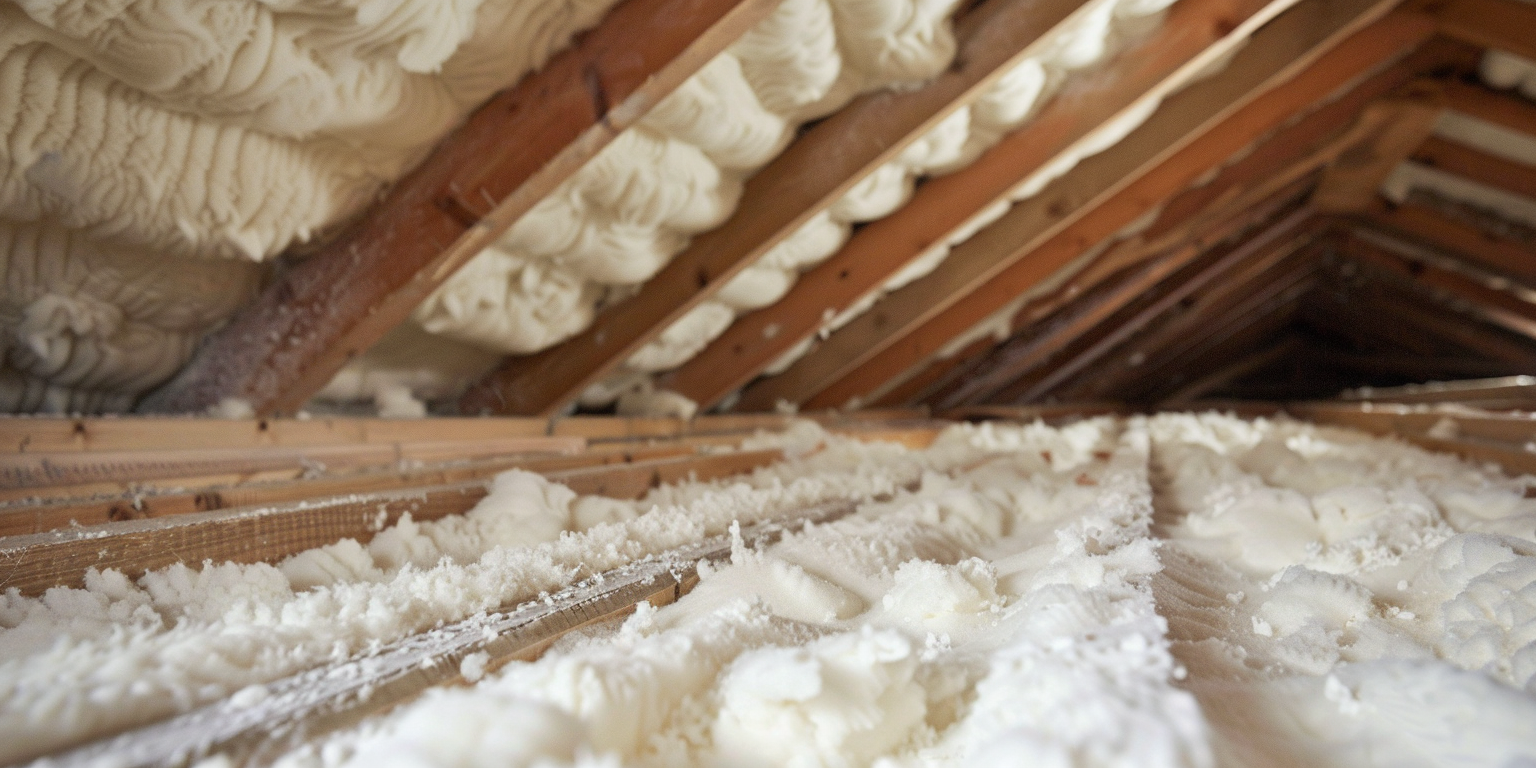Asphalt driveways are not only functional but also very attractive, particularly when well maintained. A well-kept driveway enhances your home’s curb appeal and resale value. Taking care of your driveway will improve its durability and eliminate the cost of repaving. Here are some maintenance practices to help keep your driveway in good condition.
1. Seal Coat your Asphalt Driveway
Seal coating your asphalt driveway will enhance its longevity. Seal coat your driveway immediately after paving. The seal coat minimizes the effects of fluctuating temperatures and extreme weather by strengthening the driveway and keeping the asphalt from breaking apart. As part of routine maintenance, add a new layer of seal coat periodically to enhance the protection. Recoat the asphalt’s surface every three to five years, depending on how the asphalt ages.
2. Repair Cracks and Damages
Asphalt driveways are pretty hardy and durable. However, they are prone to damage over time. Seasonal weather elements and bulky wind-blown objects can crack the asphalt surface, causing moisture to penetrate the cracks and weaken the base beneath the gaps. This could cause the cracks to widen and form potholes on the driveway. Use the appropriate crack sealer or patch material to fill and repair cracks and damages. It is best to let an asphalt expert to handle your driveway repairs; you will benefit significantly from their expertise and asphalt paving equipment.
3. Prevent Gasoline and Oil Spillages
Asphalt is an oil-based substance. Therefore, oil and gasoline spills can dissolve the surface asphalt driveway. Transmission and brake fluids are also harmful. The best approach is to prevent spilling these liquids on the asphalt driveway. However, if leaks and spills occur, you should attend to them immediately. Use absorbent material to soak out and clean the remaining stain using a cleaning product meant for asphalt driveway.
4. Keep the Driveway Clean
With daily use by cars, people, skateboards, and more, your drive is prone to getting dirty. Clean the driveway frequently to remove dirt, rocks, and other debris. Removing dirt prevents weeds from growing on your driveway, keeps it clean, and reduces the waste that gets into your home. If a car tracks mud onto your driveway, allow it to dry afore removing it. Loosen and brush away the dry soil with a stiff-bristle broom. You can use a power hose to remove hardened mud residuals.
5. Avoid Using Harmful Products
You want to avoid driveway maintenance products that can deteriorate the asphalt surface. It would be best if you avoided chemical-based de-icing agents. Such compounds are highly corrosive and may damage the surface of your asphalt driveway. Go for asphalt-safe de-icing products like rock salt or potassium chloride. When it comes to cleaning, use stain removing products designed for asphalt driveways. Remember to use these products as per the manufacturer’s instructions.
6. Protect the Edges of your Driveway
Another practical measure is to avoid parking or driving along the edges of your driveway. The edges are the weakest parts of your driveway. They are prone to damage because they are constantly exposed and are easier to break. You should use strong driveway edging material to protect the sides of your driveway.
7. Clear Puddles of water
Keep your asphalt driveway as dry as possible by clearing puddles of water after rain or garden irrigation activities. Standing water is detrimental to your driveway. If not addressed in good time, stagnant water can lead to cracks and potholes. These issues can incur extra costs. You can prevent standing water by implementing a drainage plan during installation.



